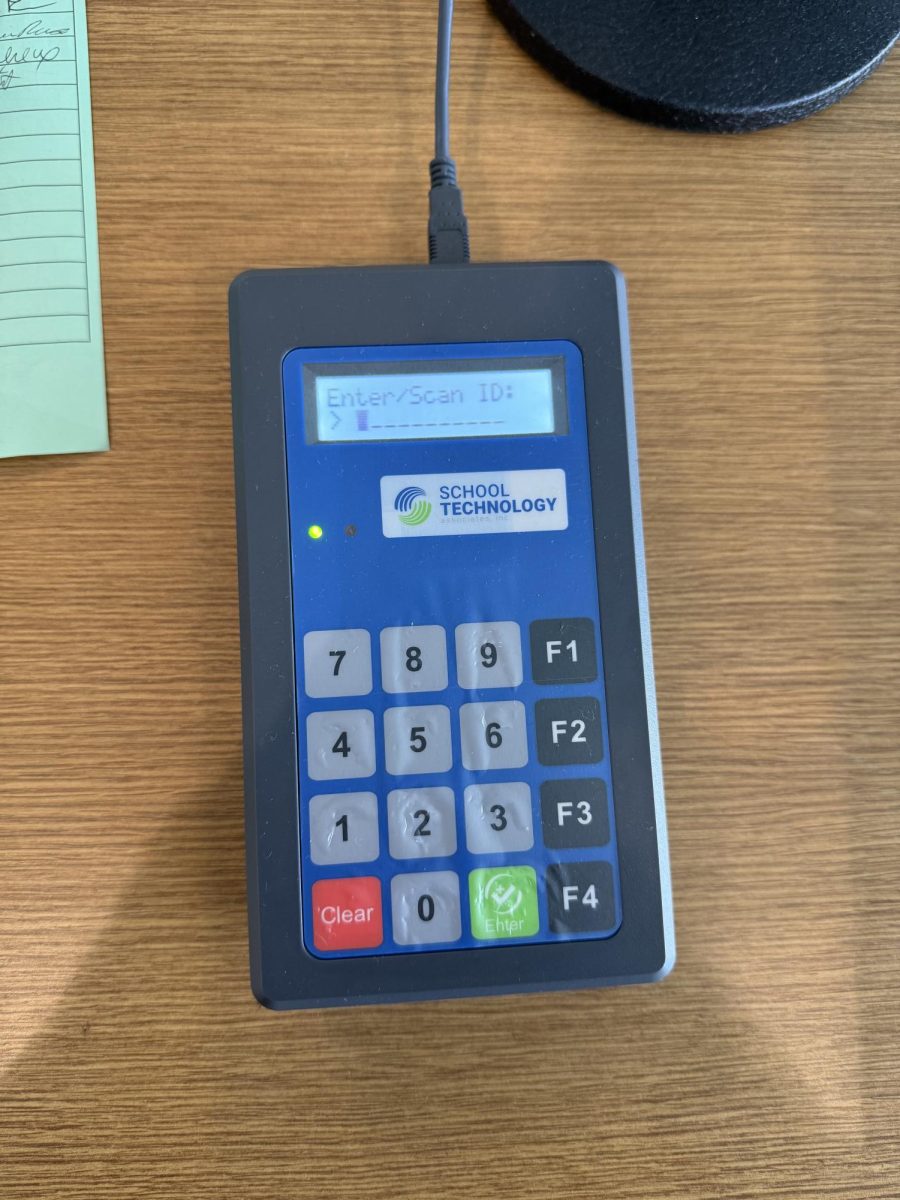
Unfortunately, it’s true; everything from smartphones to cars are listening to you. Technology is increasingly advancing, and it’s slowly but surely taking away your privacy in the process. Companies collect an abundance of information from you, and that information is often misused, posing serious privacy risks. All of these new and shiny pieces of smart technology that are supposed to make our lives easier are suddenly seeming way less appealing.
Have you ever been having a conversation, and then opened social media only to see ads that directly relate to what you were just talking about? I personally have experienced many situations like this. For instance, when I was telling my dad about how I needed to edit a video for a school project, advertisements for video editing software began repeatedly showing up on my Instagram feed. Even apps like Google show signs of eavesdropping in on conversations. On multiple occasions I have opened up Google to search a question that I have been discussing, and as soon as I type the first letter, the question shows up as the first suggested search. Turns out these weird occurrences aren’t a simple coincidence. They happen because your phone is actively listening to almost everything you say.
Most major tech companies have the ability to listen to and record your conversations with or without your consent, and many will misuse this information to benefit themselves. Google, for example, has been known to record conversations. They use the data to give personalized content and ad recommendations. Companies, including Google, may also sell the conversation data that they collect to third parties, who usually use the recordings for similar reasons. So many companies are now able to eavesdrop on all conversations that take place within range of the device’s microphone, including sensitive conversations. Basically, any app or device with microphone access can record conversations and use those recordings as data to essentially make more profits, with no consideration for how it is a complete invasion of privacy. These devices include smartphones, smart TVs, smart speakers, and even cars.
Many newer cars are implementing features that can collect and track information relating to your location and how responsibly you drive. The collection of this data isn’t a huge risk, but cars can also listen to your conversations, which is concerning. Similar to devices like smartphones, cars have the ability to record conversations that happen in a consumer’s vehicle. They use these recordings for multiple reasons, all benefitting the manufacturer. Car companies can also collect information from any text messages or phone calls that are sent through their infotainment system, and use this data how they please. In September of 2024, Ford filed a patent that would facilitate eavesdropping on conversations between people in their vehicles, and give personalized advertisements based on those conversations. These in-car ads could be played as audio or displayed on the vehicle’s dashboard screen. Based on similar privacy invasions connected to other pieces of technology, it’s not crazy to expect that the conversation data being collected by car companies will eventually be sold to third parties.
The fact that so many devices and apps are able to collect such vast amounts of highly personal and sensitive information is very unsettling. First of all, the lack of consent and knowledge that consumers have on what data is being collected from them is a huge violation of their right to privacy. Second of all, it makes people more vulnerable to things like identity theft and financial fraud. All of the information that companies have about their consumers, not just conversation data, is valuable to hackers who will use it for malicious purposes.
So how can this be prevented? Well, the only thing you can easily do is limit the microphone access on your devices as much as possible. This can be done through things like denying microphone access to apps that you download, and disabling features that use voice recognition, such as Siri. There isn’t much you can do about cars either. Making sure to read through all terms and conditions that may pop up on your dashboard screen before agreeing to anything is probably the most effective way to protect your privacy. The unfortunate reality is that companies care most about profits, and ensuring the privacy of consumers is not a priority. So the next time you’re about to say something you’d rather keep personal, it may be best to leave your cell phone in another room.




































